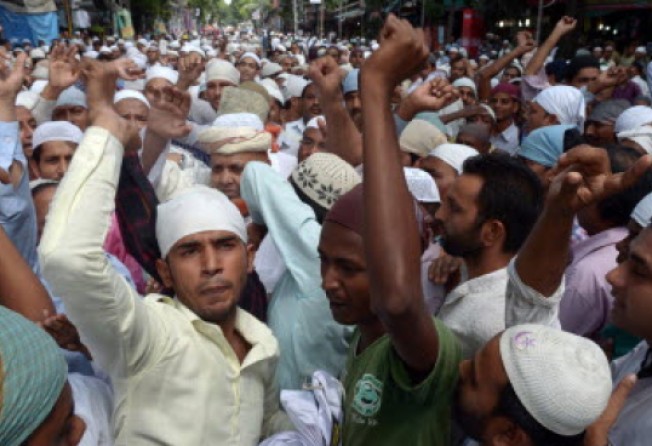India won't beat terrorism with the death penalty
Priya Virmani says the execution in India over the 1993 bomb attacks won't deter terrorism; rather, the approach must aim at the causes

Yakub Memon became the latest convict to be hanged in India last week. Memon was executed for his role in the 1993 bomb blasts in Mumbai, which left 257 people dead.
Memon's execution has reignited a debate on the death penalty in India. A de facto moratorium on executions from 2004 to 2012 has been interrupted by three executions since. All were related to terrorism offences.
Most of India, led by right-wing Hindus, strongly endorses Memon's hanging. To them, doing so was in line with getting tough on terrorism. They argue that death was the only fitting punishment and one that achieved closure for the survivors of the blasts and the families of the victims.
Memon's collusion in the 1993 carnage cannot be condoned. But is the death penalty really a deterrent? Statistically, research in countries across the world proves the death penalty does not correlate to being a deterrent. In India, murders have increased in the years the death penalty was used. Between 1990 to 2000, eight offenders were executed, but the number of murders increased from 35,000 to 37,000.
Moreover, there ought to be a caveat in seeing the death penalty as being effective in deterring terrorism. It is the "ism" of terrorism that needs tackling. Seeing capital punishment as a panacea to terrorism is myopic. At best, it provides symptomatic relief to the issue at hand.
Executions are likelier to result in a backlash and to spur the growth of more terrorists. The 1993 bomb blasts were in fact a retaliation to the Hindu-Muslim riots in India that killed over 1,000 people and saw destruction that included damage to property owned by the Memon family.
Terrorists are individuals who organise both inside and outside the nation for a purported cause; they outsource war to themselves as part of that organisation. Tackling the "ism" of terrorism involves a causative approach. This means India should spend more resources on developmental goals (it spends only 1 per cent of its gross domestic product on health care, which is inadequate in a population of 1.2 billion) and uplift minorities such as the Muslims, and its political fraternity must stop playing vote-bank politics, which instigates communal strife. This will eradicate terrorist sympathisers from the minorities.
Some debates on social media have upheld Russian President Vladimir Putin's stance on terrorism as a lodestar for India. But Russia's counterterrorism policy has no evidence of its effectiveness. Rather, it has terrorised local populations. The anger resulting from the 1993 carnage in India is real, and the country needs to channel it to strike the terrorists and render their purported cause toothless.
Dr Priya Virmani is a political and economic analyst